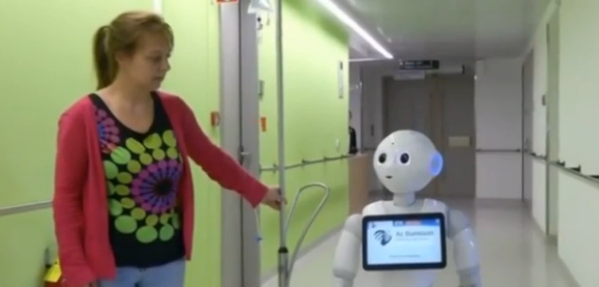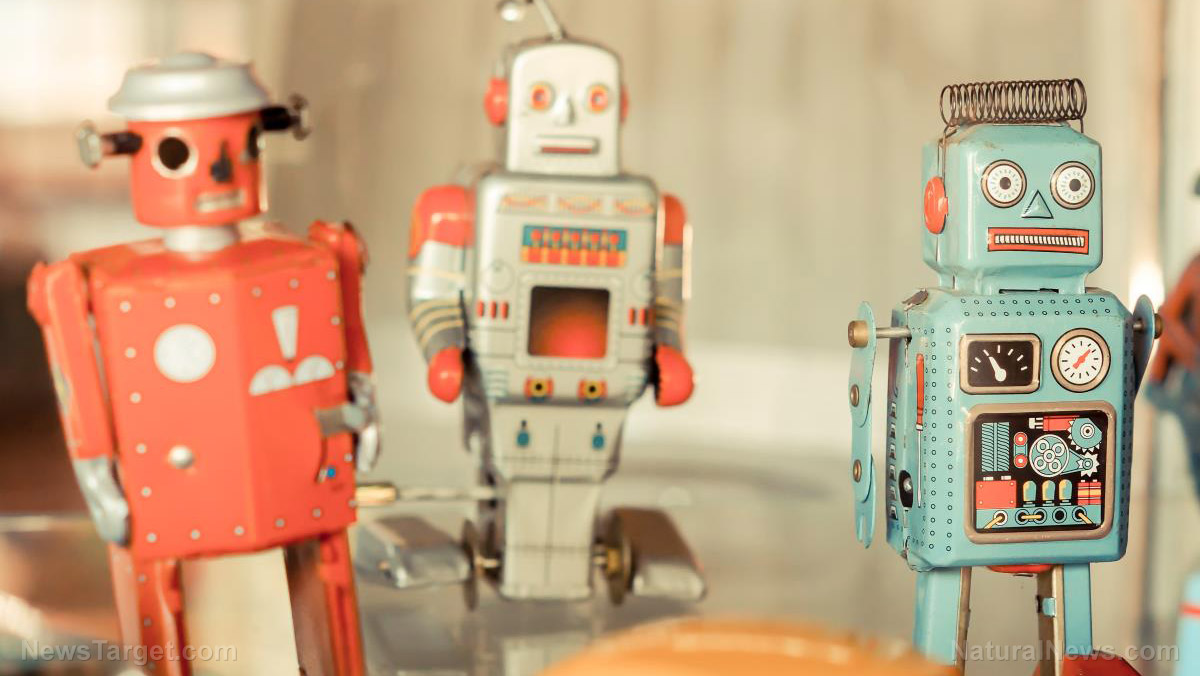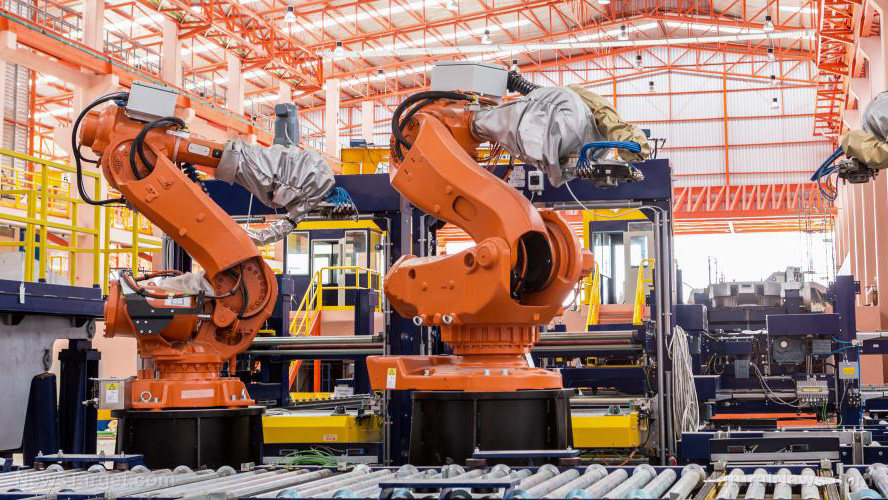01/25/2017 / By Jude Henry
If you were just getting familiar with the term “universal health care,” get used to its cousin, dubbed “universal income.” Certain areas of Europe are trying that idea on for size. They must have forgotten that Monopoly money isn’t actually real money, given how willing they are to hand out “free” money.
Numerous countries are providing rationale for “free” money initiatives
Although the idea of providing people who do nothing to obtain the money with a “basic income” or “universal basic income,” as they also call it, seems preposterous to people who believe in working to earn income, numerous European countries are buying into the scheme. In France, two out of seven socialist candidates for president are supporters of the plan to give this type of free money. A proposed plan in that country would provide between about $650 and $800 per month per person. Other countries are also keen on the idea. That includes Finland, which just began a program on January 1 that provides about $600 (US dollar equivalent) per month in basic income per unemployed person.
Word is that some would like the United States to consider such a plan. It is doubtful that it would float while Donald Trump is president, however, given that he and his family members so clearly value hard work in exchange for receiving income.
Money still doesn’t grow on trees
We all would love it if money grew on trees, but the reality is, people throughout history have needed to work to generate income. Those in favor of initiatives mandating the distribution of “free” money argue that large numbers of jobs are being replaced by robots. That challenge isn’t just occurring in Europe. In the United States, it is expected that close to half of workers could be in jeopardy of losing their jobs to automation, according to a 2015 Oxford University study.
Certain experts in Europe say that the days of rapidly expanding economies are now in the rear-view mirror. Advocates of giving away free money also say that when people don’t have the obligation to go to their jobs each day, they have more free time to help others, tend to their own needs and start businesses, among other pursuits. (Note: This is what “free time” and “vacation” and “retirement” are for.)
Serious down sides – and better solutions
It comes as no surprise that some critics are saying providing people with free money, with no strings attached, will encourage them to be lazy. Although it is true that the best things in life are free, money isn’t one of those free things. Saying that “universal income” is free money is just an illusion, for the money has to come from somewhere – or, more accurately, someone. So the burning question is, exactly where is the “basic income” coming from? One of the main sources is – no surprise – taxes. Eventually a system like that runs out of other people’s money. And who wants to work hard and pay ever-higher taxes just so others can do no work and collect their money? Where is the incentive for anyone to work under a system like that?
Although automation and robots are reducing the number of jobs available to humans, simply providing people with supposedly free money isn’t a valid or sustainable solution. Countries need to find ways to create jobs that cannot be replaced by robots. Not all types of work can be accomplished without human activity and input. Many jobs need that human touch, that high level of intelligence and problem-solving skills that only humans can provide. There are certainly solutions other than a “universal income” scheme, and with some creativity and innovation, those solutions can be found.
Sources:
AssociatedPress.com
MSN.com
Fortune.com
BusinessInsider.com
EurActiv.com





















